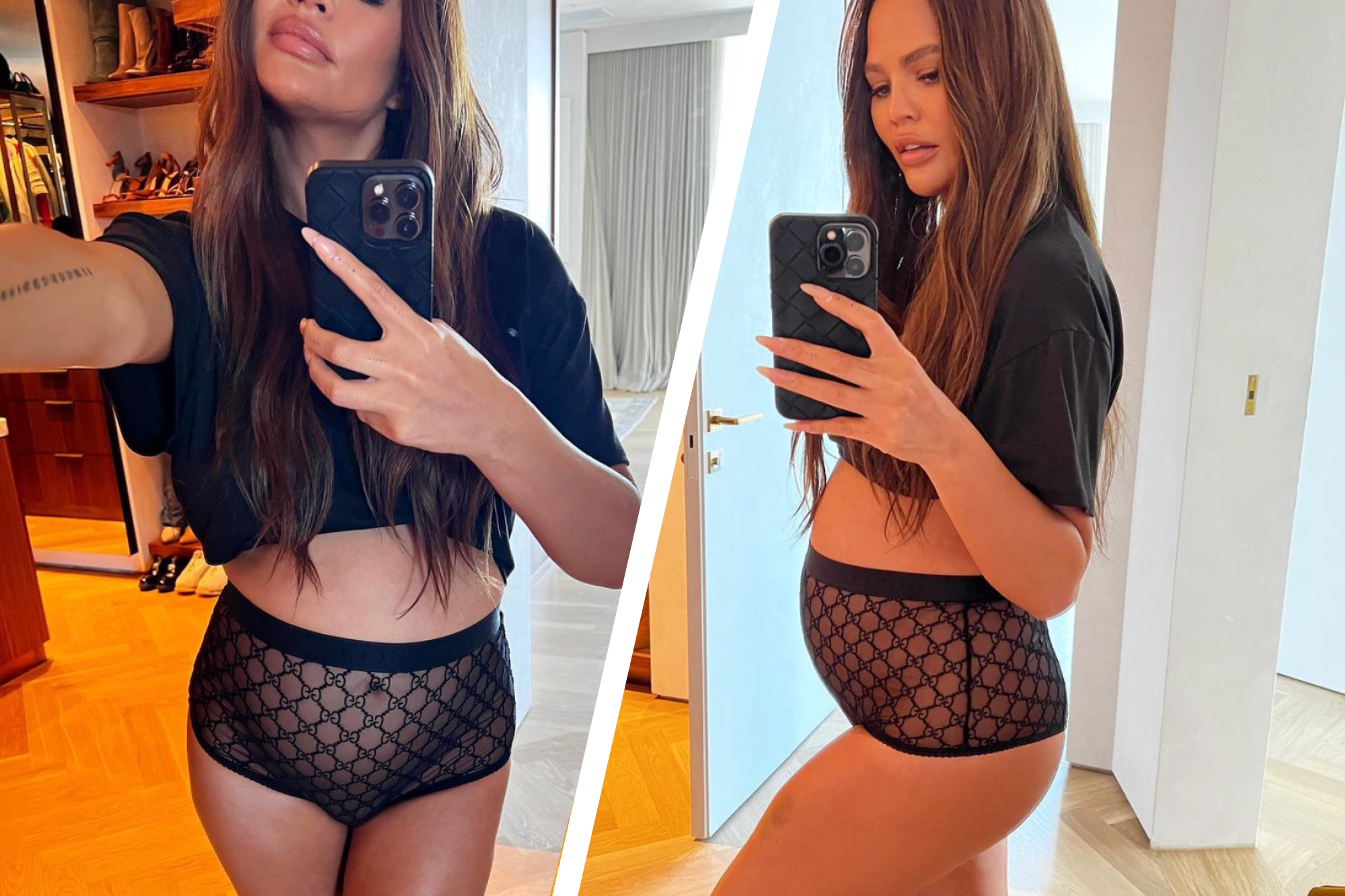If you’ve just had a baby, the best contraception options after pregnancy may not be one of them – but it should be.
By Dr Ai Nhi Bui, GP specialising in women’s health
New mama, even though your mind is focused on your newborn right now, it’s important to know that it is possible for you to get pregnant again very soon after giving birth. Yes, even if you’re breastfeeding, not getting any periods or experiencing irregular bleeding.
As a GP in Sydney with a focus on women’s health, I am often asked by patients who are about to or recently have given birth what types of contraception are safe to use.
There are a variety of options to choose from, but some might be better suited for you than others. It is important to have these discussions with your doctor at the 6 week post baby check as well, so you are informed of your options and the best method for you.
“WHILE SOME MUMS MIGHT BE EXCITED AND READY TO HAVE ANOTHER CHILD QUICKLY, OTHERS MIGHT WANT TO HOLD OFF FOR A BIT.”
Contraception options after pregnancy – how to choose the best birth control method for you
From condoms to the pill, there are lots of different types of birth control to choose from. Before you choose, you’ll want to think about the following:
- Will you be breastfeeding?
- Do you want to have more children in the near future?
- Would you prefer to use contraception as needed, or would you like to be protected from pregnancy at all times?
- Do you need to be protected from STIs?
- Do you have a history of health issues like cancer or high blood pressure, blood clots, migraines with visual aura or smoking?
Your answer to each of these questions will help determine the best post-pregnancy contraceptive option for you.
1. Condoms and barrier methods
If you want to avoid hormones, protect against STIs, only want to use as needed or all of the above, condoms and barrier methods are your best bet.
Male condoms are the most popular, but you can also try female condoms, diaphragms and spermicidal gels and creams. You’ll need to get a diaphragm from your doctor. But otherwise you can get condoms and spermicides over the counter from your local pharmacy.

2. The mini pill
The birth control pill is the most popular form of contraception amongst Australian women. So it’s no wonder that many women want to get back on it after pregnancy.
However, if you’re breastfeeding your new baby, you won’t be able to use the combined pill. That’s because the combined pill contains both estrogen and progestogen, and estrogen can lead to you producing less breast milk.
Another point of caution around the combined pill – it could make blood clots more likely if you’ve recently given birth.
That’s why the mini pill is more commonly prescribed for women after pregnancy. It contains progestogen only so there’s no impact on breast milk production and has a lower risk of blood clots just after having a baby.
It’s a great option for women who want ongoing protection from pregnancy, are breastfeeding and don’t need to worry about STIs.
If you were taking the mini pill before you got pregnant or if you need ongoing prescriptions postnatally, you can get it online and delivered straight to your door through digital health services that provide prescription medication delivery.
3. The Implanon implant
Another form of hormonal birth control that contains progestogen only is the contraceptive implant.
Sold under the brand name Implanon in Australia, the implant goes on the inside of your arm. And is roughly the size of a matchstick. You can feel the implant under your skin, but you usually can’t see it.
The implant is designed to last for up to 3 years. But it can be removed earlier and fertility returns to normal fairly quickly. It’s a great option for women who don’t plan to have children for several years and don’t need to protect against STIs.
It is also safe to use while breastfeeding.
4. IUDs
Intrauterine devices (IUDs) are becoming increasingly popular amongst Australian women. They are also safe to use after pregnancy. There are two types: the hormonal IUD and the copper IUD.
The hormonal IUD is sold under brand names Mirena and Kyleena in Australia. They contain progestogen only and last for up to 5 years.
The copper IUD does not contain any hormones but is still effective at preventing pregnancy. They are safe for women who have recently given birth and can last for up to 10 years.
Both types of IUDs are good options for new mums who aren’t planning to have more children in the near future and are safe to use while breastfeeding. However, if you do want to have more children, you can have your IUD removed earlier for family planning. They do not protect against STIs.

5. The Depo Provera shot
Just like the mini pill, hormonal IUD and implant, the Depo Provera shot is a form of hormonal birth control that contains progestogen only.
You’ll have to go to your doctor for the injection every 12 weeks. So it’s a nice alternative for women who don’t want to take a pill everyday. Or have a device inserted inside them. Like other forms of hormonal contraception, the shot does not protect against STIs.
These 5 contraceptive options are ideal for women post-pregnancy who are ready to enjoy being new mums and all the wonderful things that come with motherhood.
If you’re interested in finding out more about your contraception options after pregnancy, talk to your doctor and they’ll be able to help you get started.
Sign up to our newsletter for weekly mama goodness delivered straight to your inbox, like the VIP that you are.









